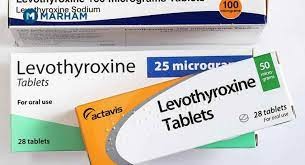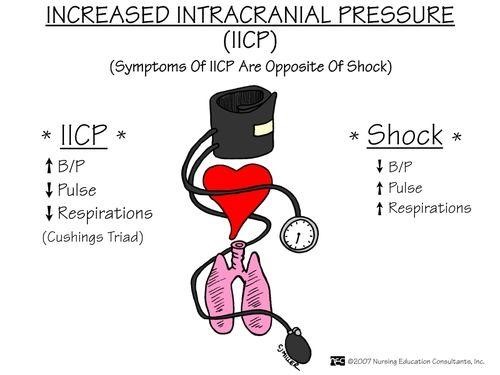A nurse is caring for four clients for whom she has to administer oral medications in the morning. The nurse should administer which of the following medications before breakfast?
Levothyroxine
Digoxin
Divalproex
Mycostatin mouthwash
The Correct Answer is A
A. Levothyroxine
Correct Answer: Levothyroxine should be administered before breakfast.
Explanation: Levothyroxine is a synthetic thyroid hormone used to treat hypothyroidism. It needs to be taken on an empty stomach, at least 30 minutes before eating, to ensure proper absorption. Food can interfere with its absorption, especially foods containing calcium, iron, and fiber.
B. Digoxin
Incorrect Explanation: Digoxin does not need to be administered before breakfast.
Explanation: Digoxin is a medication used to treat heart conditions like congestive heart failure and atrial fibrillation. It doesn't have specific instructions regarding administration in relation to meals. It's important to administer digoxin consistently at the same time every day, but it doesn't need to be taken specifically before or after breakfast.
C. Divalproex
Incorrect Explanation: Divalproex does not need to be administered before breakfast.
Explanation: Divalproex is used to treat conditions like epilepsy and bipolar disorder. It can be taken with or without food. While taking it with food might reduce the likelihood of stomach upset, there's no requirement to take it specifically before breakfast.
D. Mycostatin Mouthwash
Incorrect Explanation: Mycostatin mouthwash is not related to breakfast timing.
Explanation: Mycostatin is an antifungal medication used to treat fungal infections in the mouth (oral thrush). Its administration is not linked to meal times. It's typically swished around in the mouth and then swallowed or spit out, depending on the specific instructions provided by the healthcare provider.

Nursing Test Bank
Naxlex Comprehensive Predictor Exams
Related Questions
Correct Answer is C
Explanation
A) A story book about a child who has diabetes:
While a story book about a child with diabetes can be informative and reassuring, it might not directly address the child's distress after an insulin injection. The child needs an interactive play activity that mimics the experience to help them cope with the distress.
B) A period of play in the playroom:
Playing in a general playroom might be enjoyable, but it may not directly address the child's specific distress related to the insulin injection. To address the distress, a play activity directly related to the injection experience is more appropriate.
C) A needleless syringe and a doll.
Explanation:
Using a needleless syringe and a doll allows the child to engage in therapeutic play that simulates the experience of receiving an insulin injection. This type of play, known as medical play or therapeutic medical play, allows children to gain a sense of control and understanding over medical procedures in a non-threatening and imaginative way. By allowing the child to "give" the doll an injection using the needleless syringe, the child can process their feelings and fears related to their own injections, helping to reduce anxiety and distress.
D) A video game:
Playing a video game can be engaging and distracting, but it doesn't directly help the child process their feelings or fears about the insulin injection. Therapeutic play involving a needleless syringe and a doll provides a more hands-on and interactive way for the child to work through their emotions.
Correct Answer is C
Explanation

Whether you are a student looking to ace your exams or a practicing nurse seeking to enhance your expertise , our nursing education contents will empower you with the confidence and competence to make a difference in the lives of patients and become a respected leader in the healthcare field.
Visit Naxlex, invest in your future and unlock endless possibilities with our unparalleled nursing education contents today
Report Wrong Answer on the Current Question
Do you disagree with the answer? If yes, what is your expected answer? Explain.
Kindly be descriptive with the issue you are facing.
